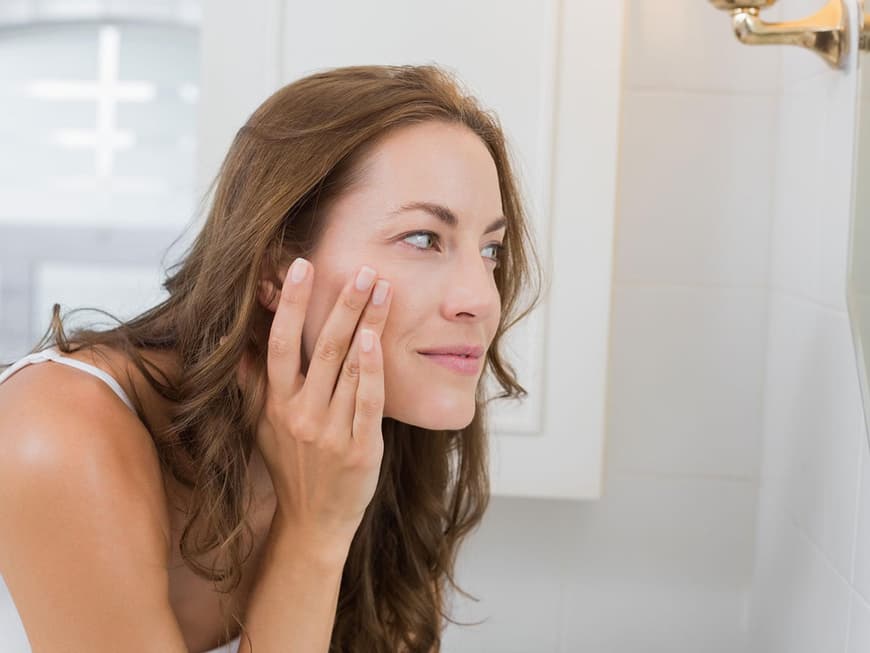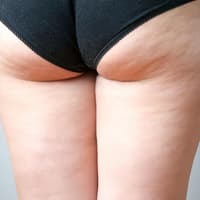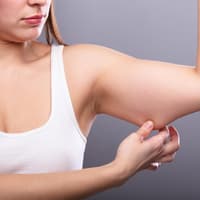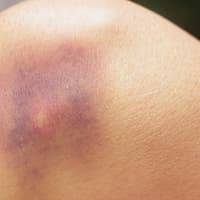
The best methods for treating pimples
In order to effectively treat acne and pimples, an individual approach is required that is tailored to the severity, type of skin changes and age of the person affected. To find the right treatment, a dermatologist should assess the skin and make appropriate recommendations.
Creams, lotions or gels with special active ingredients are often used for the external treatment of pimples. These include, for example
- Benzoyl peroxide: This agent has an antibacterial effect and can help to open clogged pores and reduce inflammation.
- Salicylic acid: This active ingredient promotes the removal of dead skin cells and thus prevents the formation of blackheads. Salicylic acid is often a component of acne treatments.
- Antibiotics: Applied in the form of creams or gels, they fight the bacteria involved in the formation of spots.
- Retinoids: These vitamin A derivatives regulate the production of horny substance and can help to improve the appearance of the skin.
These active ingredients should always be used under medical supervision, as side effects such as redness or itching may occur initially. Consistent and long-term use over several weeks to months is crucial for the success of pimple treatment.
Daily skincare routine: the best tips
An effective daily skincare routine is the key to preventing spots and maintaining healthy, radiant skin. Thorough facial cleansing in the morning and evening is essential to gently remove excess sebum, dirt and make-up residue. Special anti-pimple cleansing gels with active ingredients such as zinc or salicylic acid help to clarify the skin and reduce impurities.
After cleansing, we recommend using an anti-inflammatory and soothing toner to refresh the skin and soothe redness. A light, non-comedogenic moisturizer then provides the skin with sufficient moisture without clogging the pores. Regular exfoliation helps to remove dead skin cells and refine the pores, but should not be used too frequently so as not to irritate the skin.
When choosing products for your daily skincare routine, it is important to consider the individual needs of your skin.
What influence your diet and lifestyle have on spots
A balanced diet against pimples plays an important role in the prevention and treatment of pimples. Fresh fruit and vegetables provide valuable nutrients that nourish the skin from the inside out. Sugar and processed foods, on the other hand, should only be consumed in moderation as they can promote inflammation.
In addition to diet, lifestyle also influences the development of spots. Sufficient sleep is essential for the nightly regeneration of the skin. During sleep, the body produces collagen, which keeps the skin firm and elastic. Restful sleep also promotes the healing of inflammation.
Stress is another factor that can stimulate sebum production and therefore promote the formation of spots. Stress management and relaxation techniques such as meditation, yoga or mindfulness exercises can help to reduce stress levels and improve the appearance of the skin.
Regular exercise and fresh air also support healthy skin. Physical activity stimulates blood circulation, which promotes the removal of toxins. Exercise also stimulates the production of endorphins, which reduce stress and increase general well-being.
Natural home remedies for pimples
For mild acne, natural home remedies can have a supportive effect in combating pimples. Tea tree oil has antibacterial and anti-inflammatory properties and can be applied specifically to affected areas of skin. However, the oil should always be used in diluted form to avoid skin irritation.
Another effective home remedy for pimples is healing clay. It cleanses the pores, regulates sebum production and also has an anti-inflammatory effect. Healing clay can be applied as a mask or selectively to individual pimples. Honey is also known for its antibacterial and skin-soothing properties. Applied thinly to the skin and washed off after a short exposure time, it can help to soothe pimples.
Steam baths with camomile or peppermint open the pores and make it easier to cleanse the skin. At the same time, they have a calming effect and help to reduce inflammation. When using home remedies, however, it is important to pay attention to individual tolerance and not to irritate the skin further. For severe acne, home remedies are often not enough and a dermatologist should be consulted to find a suitable treatment.






